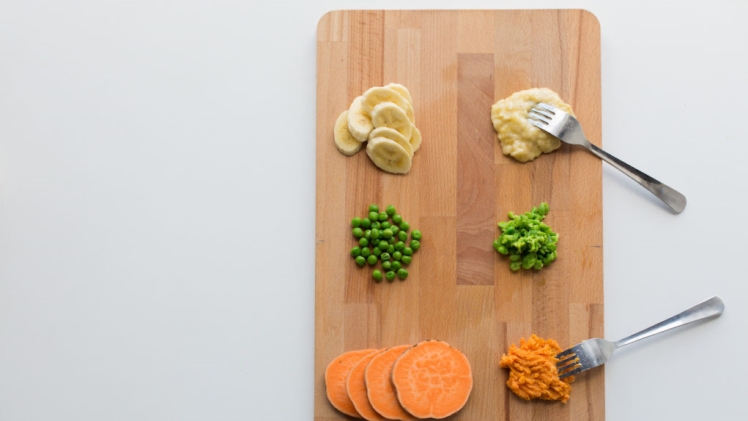Dysphagia, or trouble swallowing, can make it difficult to eat and drink comfortably and safely. Choking, coughing, regurgitation, and other symptoms can harm a person’s quality of life if they have dysphagia. Dietary changes, which involve modifying the texture and consistency of food and drinks to make them easier to swallow, are one method of managing dysphagia. We’ll talk about changing your diet in this article to treat dysphagia.
Thickening Agents
Thickening agents are substances that are added to food and beverages to increase their viscosity or thickness. They can modify the texture and consistency of liquids and soft foods to make them easier to swallow for individuals with dysphagia or other swallowing difficulties. Common thickening agents include starches such as cornstarch, tapioca starch, and potato starch, and gums and gels such as xanthan gum and agar. Thickening agents are available in different forms, including powders and liquids, and the amount needed depends on the desired thickness of the food or beverage. Simply Thick liquid thickener for dysphagia is popular in food and drinks.
Soft Foods
Eating soft foods that require little chewing and are simpler to swallow is one of the most straightforward diet changes you can make to control dysphagia. Mashed potatoes, scrambled eggs, well-cooked meats, and cooked vegetables are soft foods. Bananas and cooked apples are two examples of soft fruits that may be simpler to swallow than apples and pears. It is significant to highlight that some soft foods may still be challenging to swallow depending on the person’s unique needs and ability.
Pureed Foods
Another alternative for people with dysphagia is pureed meals. Foods that have been pureed are mashed or blended to provide a smooth, simple consistency. Fruits, vegetables, meats, and cereals can all be pureed. Apple sauce, baby food, and pureed soups are examples of pureed foods. Foods that have been pureed must be smooth and devoid of lumps or bits that can be challenging to swallow.
Avoiding Certain Foods
In addition to modifying the texture and consistency of foods, it is also essential to avoid certain foods that may be difficult to swallow. Foods that are sticky, dry, or hard can be challenging to swallow and may increase the risk of choking or aspiration. Some foods to avoid include sticky candies, dry crackers, and hard candies. It is also essential to avoid drinking alcohol or carbonated beverages, as they can increase the risk of aspiration.
Consulting with a Healthcare Professional
When changing your diet to manage dysphagia, speaking with a medical expert, like a registered dietitian or speech-language pathologist, is crucial. These experts may offer recommendations on the right foods and beverages to consume and give advice on how to prepare and serve them. They can also assist in tracking your development and modifying your diet as necessary.
Changing your diet can help manage dysphagia and enhance your quality of life. For people with dysphagia, soft meals, pureed foods, thickened liquids, chopped and ground foods, and avoiding particular foods can make eating and drinking simpler and safer. While changing your diet, it’s vital to talk to a doctor to ensure you’re getting the right foods and fluids and to track how you’re doing.

